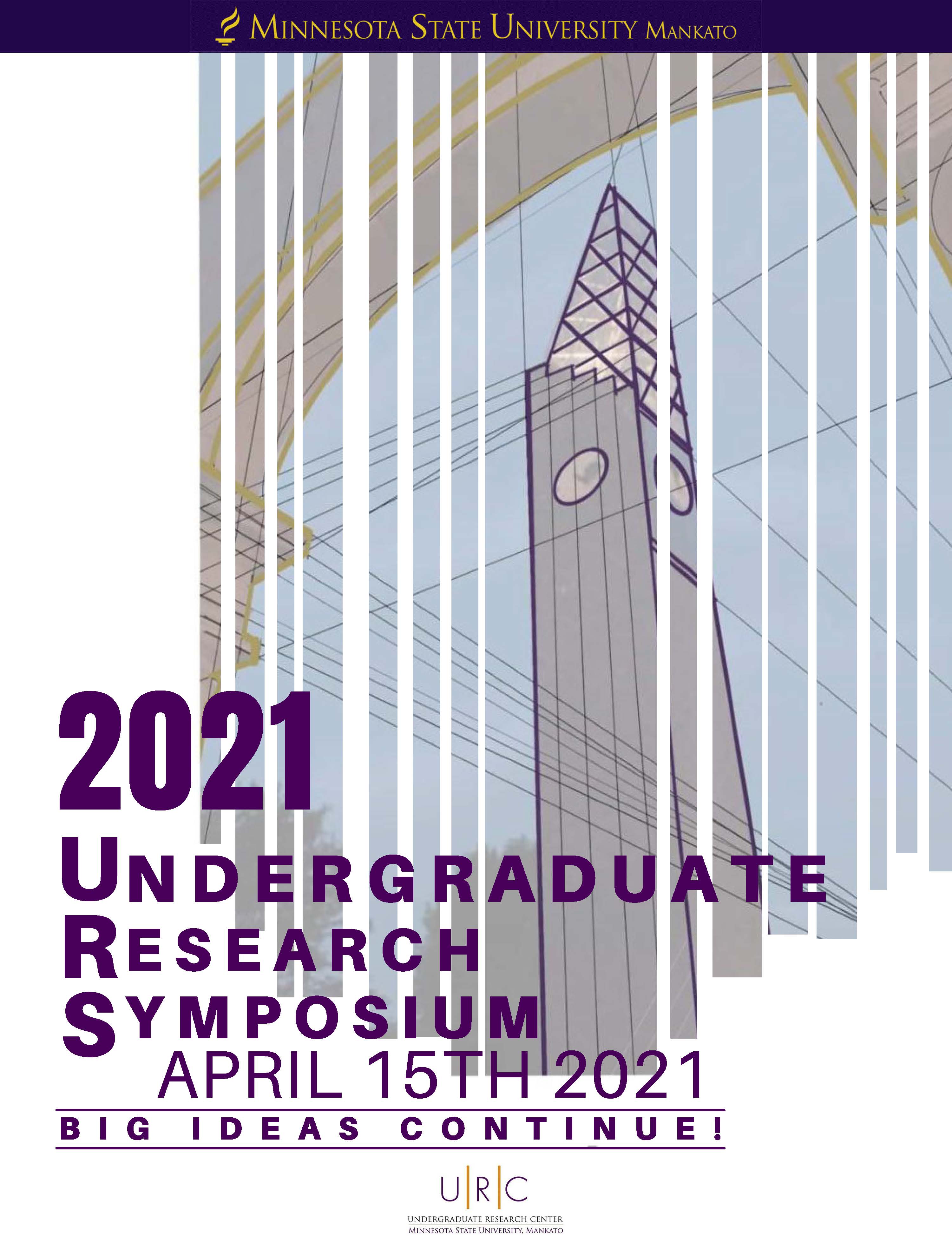Predicting Effective Learning: What Traits Make College Students Receptive to Learning?
Start Date
15-4-2021 11:30 AM
End Date
15-4-2021 11:45 AM
Student's Major
Psychology
Student's College
Social and Behavioral Sciences
Mentor's Name
Karla Lassonde
Mentor's Department
Psychology
Mentor's College
Social and Behavioral Sciences
Description
Students who are academically successful may have traits that assist in the learning process. Intellectual humility may be a desirable trait for life-long learning. Intellectual humility is described as a method of thinking in which a person is open to being wrong and willing to change their mind (Resnick, 2019). In this study, approximately 100 students were asked questions from the following psychological scales: The Interpersonal Reactivity Index (1980), Need for Cognition Scale (1984), Intellectual Humility Scale (2017), and Actively Open-Minded Thinking Test (2013). Participants also responded to demographic questions (e.g., GPA, work experience, career preparation) and evaluated how their own learning processes compare to a series of behaviors related to learning in college. We will compare scale scores to one another to determine which traits, if any, are related to successful learning. These survey results will assist us in designing experiments that further assess learning and may reveal methods to help students learn.
Predicting Effective Learning: What Traits Make College Students Receptive to Learning?
Students who are academically successful may have traits that assist in the learning process. Intellectual humility may be a desirable trait for life-long learning. Intellectual humility is described as a method of thinking in which a person is open to being wrong and willing to change their mind (Resnick, 2019). In this study, approximately 100 students were asked questions from the following psychological scales: The Interpersonal Reactivity Index (1980), Need for Cognition Scale (1984), Intellectual Humility Scale (2017), and Actively Open-Minded Thinking Test (2013). Participants also responded to demographic questions (e.g., GPA, work experience, career preparation) and evaluated how their own learning processes compare to a series of behaviors related to learning in college. We will compare scale scores to one another to determine which traits, if any, are related to successful learning. These survey results will assist us in designing experiments that further assess learning and may reveal methods to help students learn.




